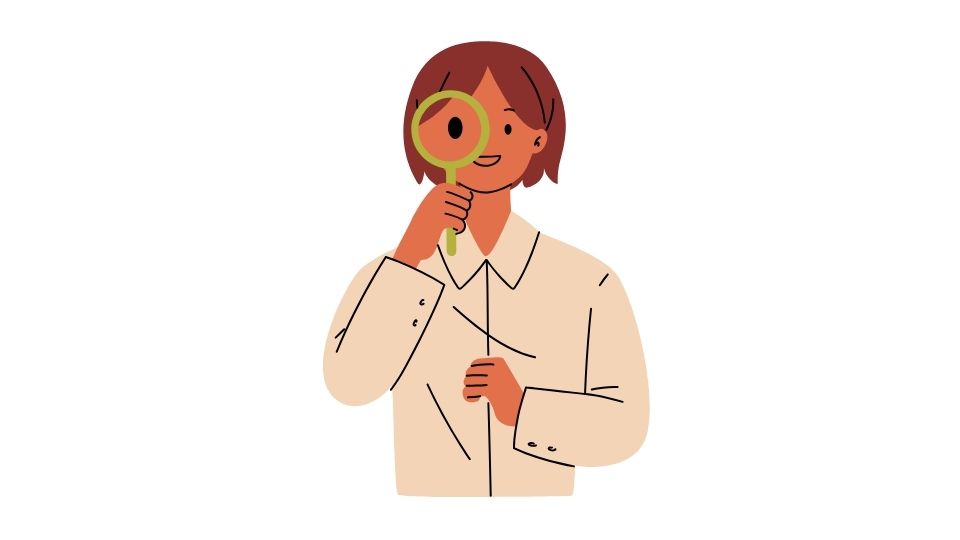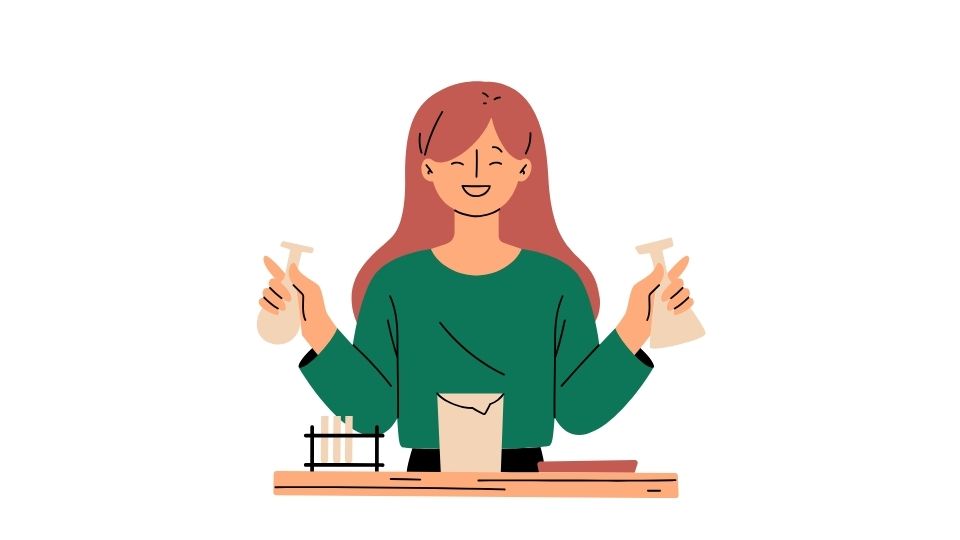Is Protein Powder Safe for Teenagers?

Protein powders and teens: a match made in heaven, or a disaster waiting to happen?
Most teenagers don’t need protein powder to meet their daily protein requirements. Yet walk into any high school weight room and you’ll see protein shakers being passed around like they’re the secret sauce to getting jacked.
Let’s cut through the noise and figure out if your teen actually needs that tub of expensive powder, or if they’re just falling for clever marketing that promises massive gains.
The Truth About Teens and Protein Powder
The supplement industry is a $50+ billion behemoth that’s happy to sell your kid a big plastic tub of promises. But before you hand over your credit card, let’s look at what science actually says.
How Much Protein Do Teens Actually Need?

Teenagers need about 0.8 to 1.2 grams of protein per kilogram of body weight each day.
What does that actually mean?
Let’s say your 16-year-old weighs 130 pounds (59 kg). They need roughly 47-71 grams of protein daily. That’s:
- One chicken breast (31g)
- A cup of Greek yogurt (20g)
- Two eggs (12g)
Boom. They’ve already hit 63 grams without breaking a sweat.
And guess what? Research shows that most American teens already consume more than enough protein through their regular diet, even with all the pizza and fast food.
The Real Risks Nobody Talks About
1. Your Teen’s Kidneys Might Not Be Thrilled
Excess protein = extra work for the kidneys. While healthy kidneys can handle normal amounts of protein, bombarding them with massive amounts from supplements could potentially cause problems over time.
Studies suggest that chronically high protein intake may affect kidney function, especially in people who might already have underlying issues they don’t know about yet.
2. Hello Contamination, My Old Friend
Here’s something the fitness influencers don’t mention in their supplement ads: protein powders aren’t regulated like medicine.
The FDA doesn’t verify what’s in these products before they hit shelves. Multiple investigations have found protein powders contaminated with:
- Heavy metals (lead, arsenic, cadmium)
- Unlisted ingredients
- Banned substances
Not exactly what you want your growing teen consuming daily, right?
3. Acne Factory
Ever notice how some teens who start using protein powder suddenly develop more acne? It’s not a coincidence.
Whey protein (the most common type) contains components that may stimulate sebum production and trigger inflammatory responses in the skin.
Just what every self-conscious teenager needs – more zits!
4. What’s Actually In That Scoop?
Many protein powders are basically dessert in disguise:
- Added sugars
- Artificial sweeteners
- Mystery “proprietary blends”
- Thickeners and fillers
All while lacking the fiber, vitamins, and minerals that come with whole food sources of protein.
When Protein Powder Might Make Sense

I’m not completely anti-protein powder. There are a few situations where it might be reasonable:
1. The Seriously Picky Eater
If your teen legitimately struggles to eat enough protein-rich foods due to extreme pickiness or sensory issues, a high-quality protein supplement could help fill nutritional gaps.
2. Plant-Based Teens
Teens following vegan or vegetarian diets might find it challenging to meet protein needs, especially if they’re active. A plant-based protein powder could be helpful as a supplement to (not replacement for) whole food sources.
3. The Intense Athlete
If your teen is training seriously (think: competitive swimming, cross country, or football with two-a-day practices), their protein needs might be higher than average. Even then, food should come first, with powder as a convenient backup.
4. Medical Reasons
Some medical conditions or recovery situations might warrant supplemental protein under a doctor’s supervision.
In all these cases, consultation with a registered dietitian who specializes in pediatric or sports nutrition is strongly recommended before starting any supplements.
How to Be Smarter About Protein

If your teen insists they need protein powder (or you’ve decided it makes sense in their specific situation), here’s how to minimize risks:
Choose third-party tested products – Look for NSF Certified for Sport or Informed Choice certification to ensure purity and label accuracy.
Keep servings moderate – Most teens don’t need more than 20-25g of protein per serving.
Watch for reactions – Monitor for digestive issues, skin changes, or other side effects.
Focus on timing – Using protein within the post-workout window (within 30-60 minutes) is generally most beneficial if used at all.
Remember it’s a supplement – The clue is in the name. It should supplement a good diet, not replace real food.
The Bottom Line

Protein powder isn’t evil, but it’s also not necessary for most teenagers. The marketing might be compelling, but the science just doesn’t support the need.
The healthiest approach? Help your teen build good eating habits around whole foods that will serve them for life. After all, nobody ever developed a nutrient deficiency from not consuming enough protein powder.
If you’re still concerned about your teen’s nutrition, consider meeting with a registered dietitian who specializes in adolescent nutrition rather than relying on the supplement industry to solve the problem.
Remember: there’s no powder in the world that can replace the benefits of a balanced diet, adequate sleep, proper hydration, and consistent exercise. Those are the real keys to healthy development—no shaker cup required.

